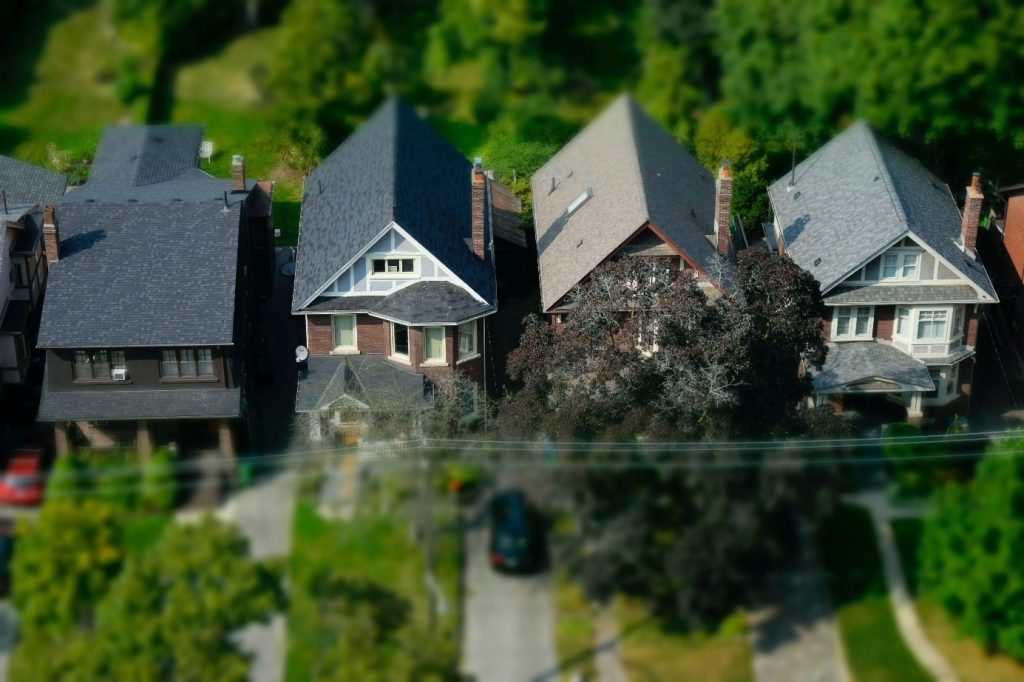The mode of operation of the SPCI is simple. Indeed, it receives income from rents which it pays in the form of dividends to investors. This is a very special type of investment that has attracted more than one, given the tendency to increase rents, and therefore dividends. But can these dividends go down? If so, in which cases?
What you need to know about the SPCI
Definition
The term SPCI stands for Société Civile de Placement Immobilier. In practice, the SPCI has a lot of similarity with the SCI which is the acronym for Société Civile Immobilière. SPCIs can therefore be defined as a form of SCI with more regulations and open to a much larger number of investors.
Principle
According to the basic principle of the SPCI, the investor does not hold real estate in direct form (ie stone) but rather in the form of shares (ie paper). This is the paper stone which is a form of real estate investment where it is possible to invest in real estate through a management company. Investors’ money is therefore used by said company to invest in buildings. As a result, after deducting the costs incurred by the management of the real estate portfolio, the company will redistribute the rents to the investors taking into account the shares they hold. The redistributed rents are then called dividends.
Read also: SCPI: why and when to invest?
Value of SPCI dividends
Dividends on the rise
In general, the dividends of the SPCI tend to rise, given the fact that the commercial leases, which the SPCI holds for the real estate stock, are indexed on various indices. Indeed, these indices often tend to rise over time, which automatically leads to an increase in rents. Furthermore, investment in SPCIs corresponds to an investment in diversified real estate, and thanks to this diversification of its assets, the investor can expect substantial income.
Dividends down
There are instances where dividends may fall as a result of lower rents. The first factor that could explain this drop is simply a default in payment by tenants, which may be due to the bankruptcy of the companies that rent the premises, unpaid bills, etc. The second factor that could lead to a decrease in rent is a capital increase that the management company would have invested in acquisitions with a lower rental ratio. There is nevertheless a good side, since this drop in the performance of the SPCI, caused by these new acquisitions, also leads to a drop in the rental risk, which makes the pooling of risks much higher.
Read also: What are the risks in SCPI?




